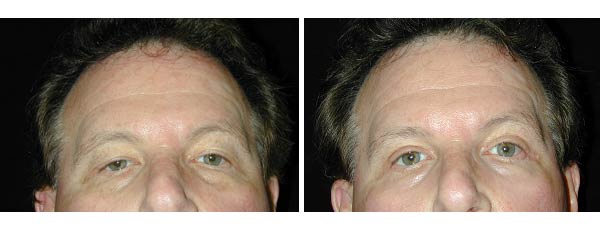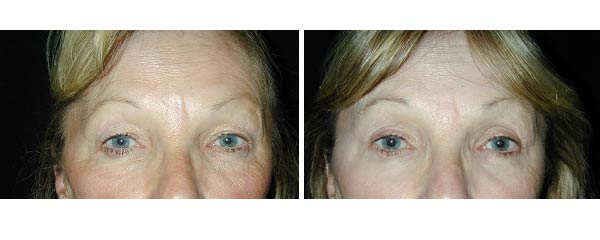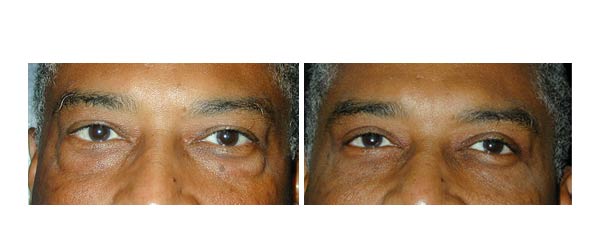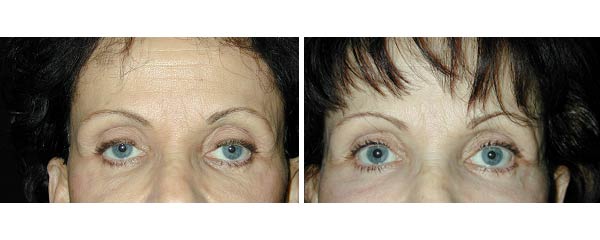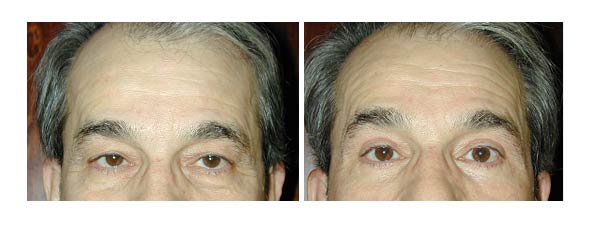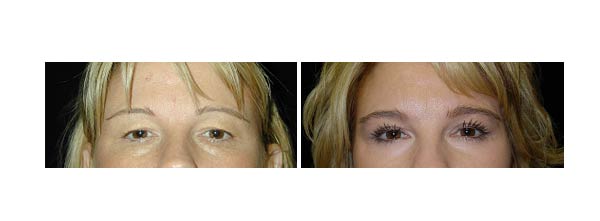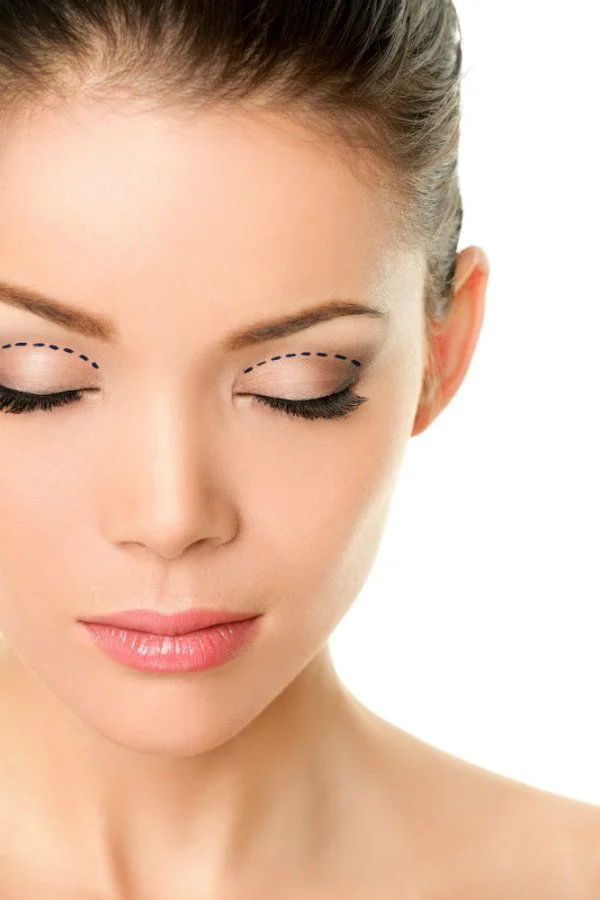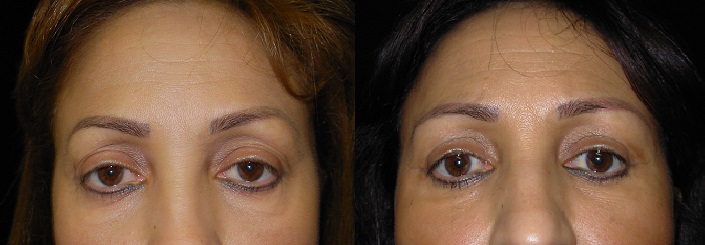What is Blepharoplasty?
Blepharoplasty is commonly performed on the upper eyelids, lower eyelids or both, to decrease excess skin and fat resulting in a more youthful, less tired appearance.
Consulting with Dr. Mezrow:
During the consultation, Dr. Mezrow will ask you about your particular concerns regarding your eyelids. This will help determine your expectations and determine whether they can be realistically achieved.
After obtaining a comprehensive medical and surgical history, Dr. Mezrow will perform an examination of your eyebrow position, upper eyelids, eyes and lower eyelids. There are particular medical conditions that may increase the risks for undergoing eyelid surgery. Some of these conditions include pre-existing dry eyes, thyroid disease, hypertension and or diabetes. Following a complete examination, Dr. Mezrow will discuss with you which of many surgical techniques you are a candidate for. The particular technique that is suggested will depend on many factors such as the amount of excess fat and skin in the eyelid, the position eyelids and eyebrows, and the presence of condition of muscles around your eyelids.
Who is a candidate?
It will be necessary for Dr. Mezrow to know if you were ever told by an opthalmologist that you have a condition called "dry eyes", if you require artificial tears or if you have any other problems with your eyes including any prior injuries.
Check out Before and After photos of our clients
How is the procedure done/Where will I have scars?
For upper eyelid surgery, generally an incision is hidden within the natural fold of the upper eyelid and extends slightly beyond the outside corner into the existing creases.
Through this incision, excess skin and fatty tissue are removed. Because the incision follows the natural contour of the upper eyelid, it will typically be camouflaged. For lower blepharoplasty, in which there is both excess fat and skin, a technique often used is an incision that is placed just below the lower lashes. Through this incision, excess skin, muscle and fat are removed.
In cases in which there is only fat excess and no significant skin excess, a technique often employed is an incision placed inside the lower eyelid in which there are no external incisions. Through this internal incision, referred to as transconjunctival blepharoplasty, removes excess fat only. This procedure cannot be used to remove excess skin. A laser or chemical peel may be used in conjunction with this method to decrease lower eyelid wrinkles will typically be camouflaged
In addition, some individuals may require a lower eyelid tightening procedure known as canthoplasty or canthopexy procedure in conjunction with their blepharoplasty. These procedures are typically performed for individuals with preexisting malposition or laxity of their lower eyelids.
Blepharoplasty surgery is performed as an outpatient. The procedure typically takes approximately 1-3 hours to perform depending on whether upper or lower blepharoplasty alone or both are performed and whether a lid tightening procedure is also performed. Most patients recover within 1 to 2 hours after surgery and are discharged home. It is important to arrange for someone to drive you home after surgery and to stay with you for at least the next day or two.
Check out Before and After photos of our clients
What are the potential complications?
Fortunately, significant complications from blepharoplasty surgery are infrequent, however, all surgery has risks. Dr. Mezrow will discuss with you, the risks, benefits and alternatives and answer all your questions.
Some potential complications include infection, bleeding, eye irritation or dryness, asymmetries, permanent visual changes, poor scarring, eyelid malposition or altered eyelid function that may require additional surgery. A complication, which delays healing and prolongs recovery, is more common in diabetic patients and those who smoke. Preoperative and postoperative instructions will be given to you by Dr. Mezrow in attempt to reduce the likelihood of complications and make you as comfortable as possible with the whole process. Smokers will be instructed to stop smoking 4-6 weeks prior to surgery and not resume smoking to reduce the risk of delayed healing, wounds, infections and compromised outcome. Aspirin, anti-inflammatory medications as well as agents that cause bleeding should be discontinued two weeks prior to surgery (or as otherwise instructed by Dr. Mezrow and your primary physician) to reduce the likelihood of bleeding.

